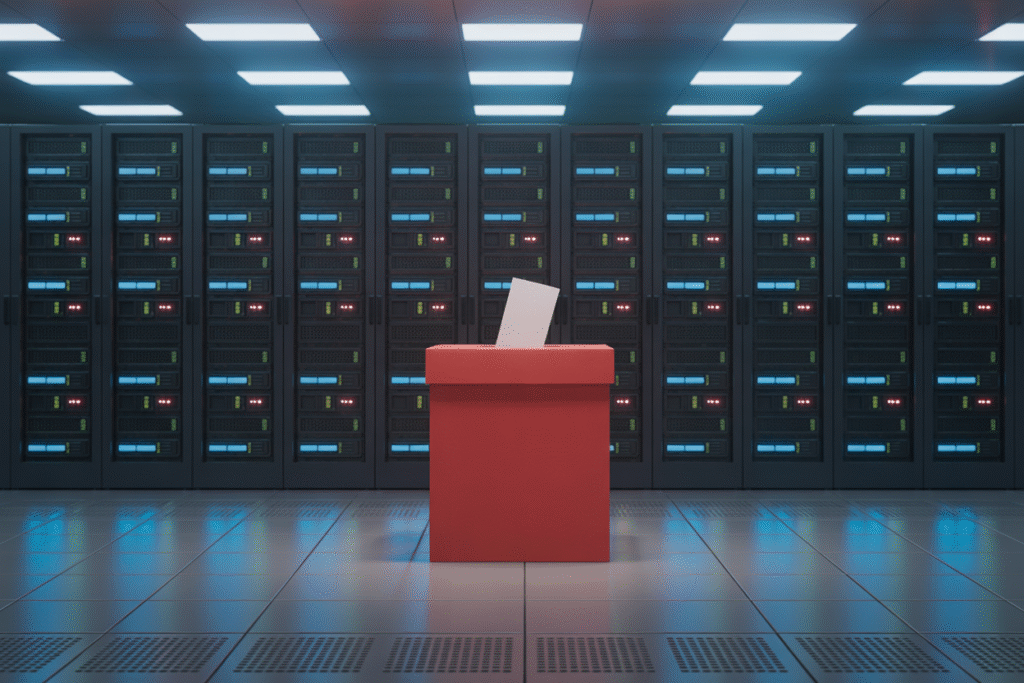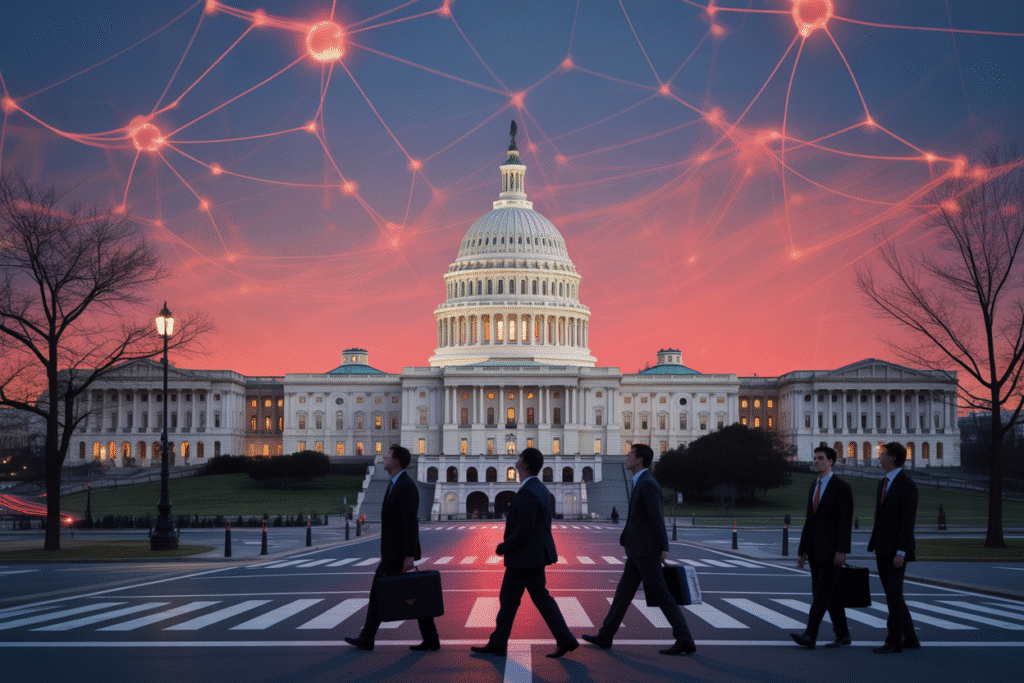From campaign war rooms to parliamentary floors, AI is no longer a side story—it’s the main plot.
Scroll through any timeline today and you’ll see the same buzzwords flying around: AI ethics, AI risks, AI regulation. But beneath the hype lies a deeper shift—one that is reshaping how politicians speak, how voters decide, and how governments govern. In the last few hours alone, fresh voices have weighed in on what this means for jobs, privacy, and the very idea of truth. Let’s unpack the debate before the next algorithm update drops.
When Campaigns Learned to Code
Pete Buttigieg stepped onto a Michigan Public podcast and did something unusual for a politician—he spoke fluent AI. He described how data models now predict which doors volunteers should knock on and which tweets might explode into scandal. The upside? Campaigns that once relied on gut instinct can now triangulate the electorate with surgical precision. The downside? Every click, like, and share becomes a data point that can be weaponized.
Buttigieg’s warning was blunt: without ethical rails, these same tools can amplify misinformation faster than any human press secretary can correct it. Imagine a deepfake video dropping at 2 a.m. and racking up a million views before sunrise. That scenario isn’t science fiction—it’s Tuesday.
The stakes are personal for campaign staff. Political analysts who once crafted messaging strategies now watch dashboards auto-generate talking points. Job displacement isn’t coming from overseas factories; it’s arriving in the form of Python scripts. Yet Buttigieg insists the solution isn’t to smash the servers. Instead, he calls for transparency audits and bias checks baked into every algorithm before it meets a voter.
The Moral Tug-of-War Inside Every Server Rack
A new paper on the “Ethical Paradox of Automation” is making the rounds on X, and it lands like a philosophical gut punch. The authors ask a deceptively simple question: if an AI system can do your job better than you, should we celebrate the efficiency or mourn the loss of human purpose? Healthcare offers the clearest example. Robotic surgeons don’t get tired, but they also don’t hold a trembling hand or crack a reassuring joke.
Manufacturing tells the same story. Assembly-line bots cut costs and boost output, yet entire towns built around factory paychecks now wonder what’s left when the last shift ends. The paper doesn’t pretend to have tidy answers; instead, it sketches three possible futures.
1. The Utopia Route: AI frees humans from drudgery, universal basic income fills the gap, and society reinvents work around creativity and care.
2. The Dystopia Route: Mass unemployment fuels resentment, surveillance capitalism monetizes every emotion, and democracy buckles under algorithmic propaganda.
3. The Messy Middle: Piecemeal regulation slows innovation just enough to soften the blow, but inequality widens between those who own the code and those who run it.
Which path feels most likely? Your answer probably depends on whether you’re reading this on a corporate laptop or a phone with a cracked screen.
Neutrality Is a Myth—Just Ask Google’s AI Overview
Savage SiyaRam’s viral screenshot shows Google’s AI Overview trying to stay neutral on Indian politics and ending up sounding like a nervous intern. One query asks whether a recent policy is good for farmers; the response hedges so aggressively it could double as a hedge fund prospectus. Critics pounced: if the world’s most powerful search engine can’t take a clear stance, who decides what billions of users see?
The controversy cuts to the heart of AI regulation debates. Governments want transparency reports; tech firms argue that revealing too much opens the door to gaming the system. Meanwhile, journalists worry that algorithmic neutrality is just bias wearing a better disguise. The Indian example matters because elections loom, and every equivocal answer becomes potential fodder for WhatsApp rumors.
Lincoln Michel summed up the mood in a single tweet: AI feels like social media 2.0—addictive, opaque, and slowly degrading the texture of daily life. We scroll, we rage, we forget that the feed is curated by code we never voted on. The difference is that this time the stakes aren’t just attention spans; they’re the foundations of civic trust.


